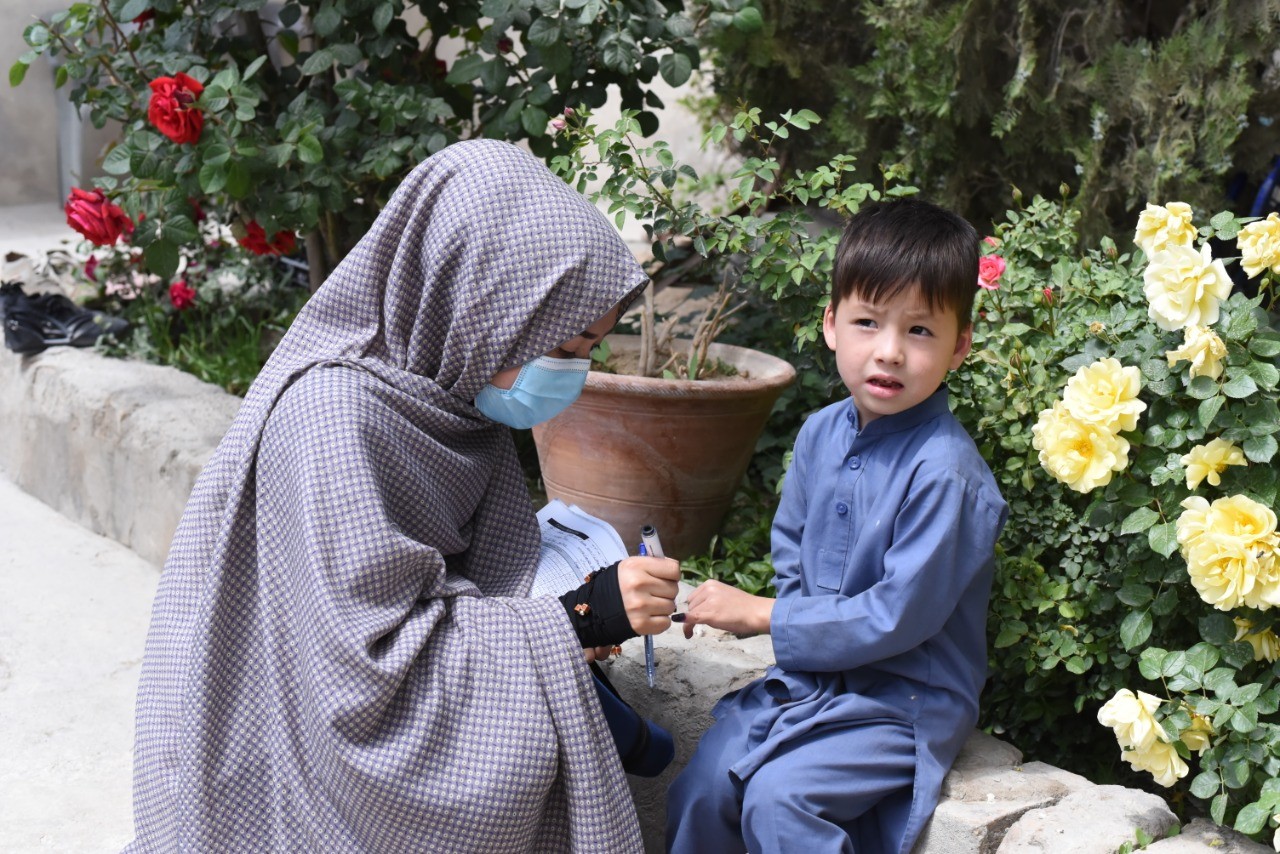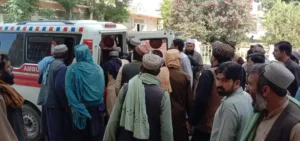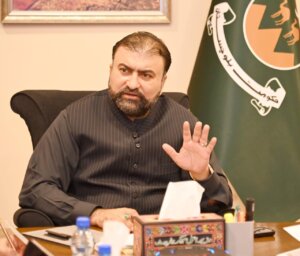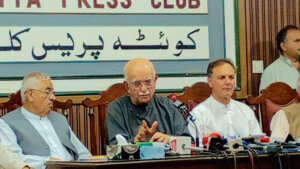Syed Ali Shah Analysis:
The confirmation of yet another polio case in Kharan, Balochistan, brings the national total to 15 this year. This time, the victim is a 23-month-old girl—a stark reminder that despite years of efforts and billions of dollars spent, Pakistan remains one of the last countries where polio continues to paralyze children. The persistence of this virus, particularly in Balochistan, raises serious questions about the effectiveness of the current polio eradication strategies implemented by the Balochistan government, UNICEF, and the World Health Organization (WHO).
The alarming rise in polio cases this year is a clear indication that something is fundamentally wrong with the way the polio campaign is being conducted. The government and international organizations have poured massive resources into eradicating the virus, yet they have failed to deliver the results expected. The problem is not just logistical; it is strategic, operational gaps and communication challenges.
Failed Strategies and the Need for Overhaul
The repeated failure to eradicate polio in Balochistan suggests that the current approach is outdated and ineffective. The traditional methods—relying heavily on door-to-door vaccination campaigns—have not been successful in reaching all children, particularly in hard-to-reach areas and among communities with deep-seated mistrust of the vaccine. This calls for an urgent overhaul of the polio campaign strategy.
First, there needs to be a shift from a blanket approach to a more targeted strategy that focuses on the most vulnerable and hard-to-reach populations. This includes strengthening surveillance systems, improving data collection to identify and address gaps in vaccination coverage, and tailoring interventions to the specific needs of different communities.
Rethinking Media and Communication Strategies
The media and communication strategies employed so far have failed to win over communities that are resistant to vaccination. Simply issuing public service announcements and running awareness campaigns is not enough. The messaging needs to be more nuanced, culturally sensitive, and directly address the fears and misconceptions that persist among certain groups.
Engaging local leaders, religious figures, and community influencers could play a crucial role in breaking down the barriers to vaccination. These trusted figures can help dispel myths and encourage acceptance of the vaccine in communities that have historically been resistant to polio campaigns.
Addressing Chronic Refusals
One of the most pressing challenges is how to deal with chronic refusals—families and communities that consistently refuse to vaccinate their children. Rather than relying solely on coercion or threats, the government and its partners need to invest in understanding the underlying reasons for refusal. Are there genuine concerns about vaccine safety? Is there a lack of trust in the healthcare system? By addressing these issues directly and empathetically, the campaign can be made more effective.
It is also crucial to involve the communities in the planning and execution of polio campaigns. When people feel that their voices are heard and their concerns are taken seriously, they are more likely to cooperate. This participatory approach could help build the trust that is so desperately needed.
The Way Forward
The resurgence of polio cases in Balochistan is a wake-up call. The time for half-measures and outdated strategies is over. The Balochistan government, along with UNICEF and WHO, must acknowledge the failures of the past and commit to a bold new approach. This will require not only financial resources but also a willingness to innovate and adapt to the realities on the ground.
Polio can be eradicated from Pakistan, but only if there is a genuine commitment to changing the way the fight against this crippling disease is waged. The lives of countless children depend on it.






